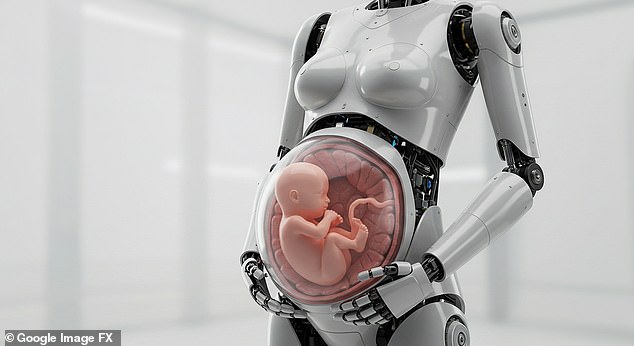China is developing the world’s first humanoid pregnancy robot, designed to carry a fetus for the entire gestational period using an artificial womb.
The project is being led by Dr. Zhang Qifeng, a researcher at Nanyang Technological University in Singapore. Unlike incubators that support premature babies, the robot is designed to replicate the full pregnancy process from conception to delivery.
The system includes an artificial womb filled with amniotic fluid, nutrient delivery through a tube functioning like an umbilical cord, and interactive features that allow the robot to mimic a real pregnancy.
Researchers point to previous animal studies as proof of concept. In 2017, scientists at the Children’s Hospital of Philadelphia successfully grew a premature lamb in an artificial womb for four weeks.
A prototype of the pregnancy robot is expected within a year and is projected to cost under 100,000 yuan (about 14,000 US dollars). Authorities in Guangdong Province are reportedly in discussions over ethical and legal frameworks for the technology.
If successful, the innovation could provide new options for couples struggling with infertility.




















